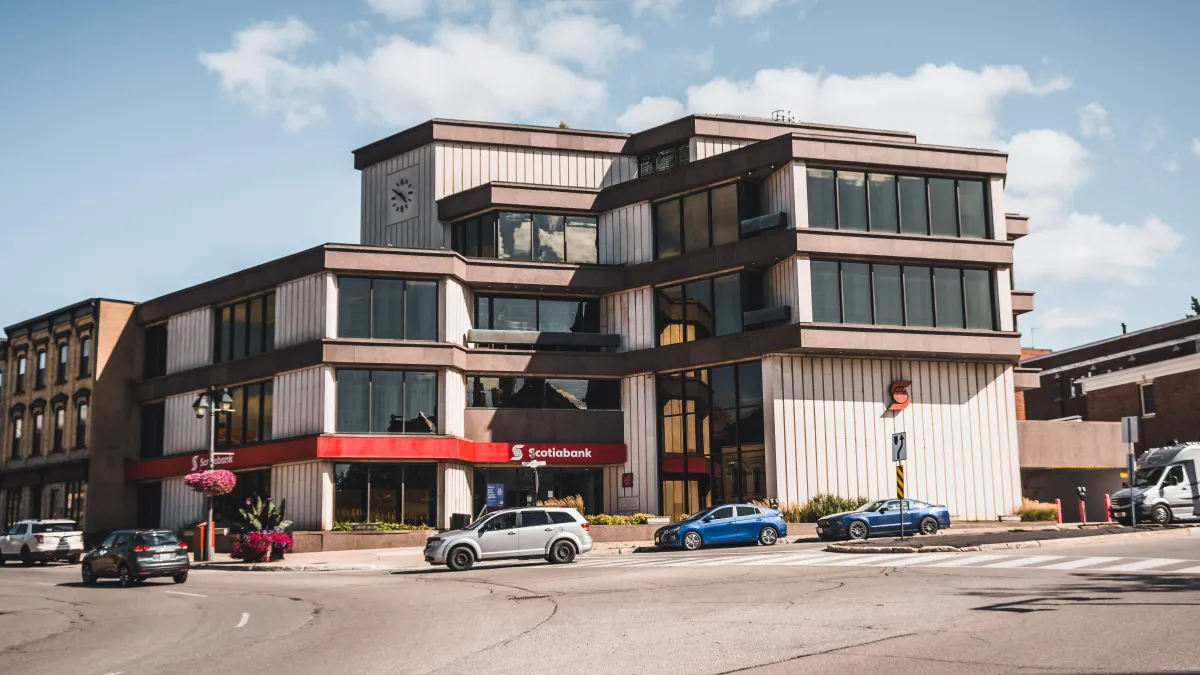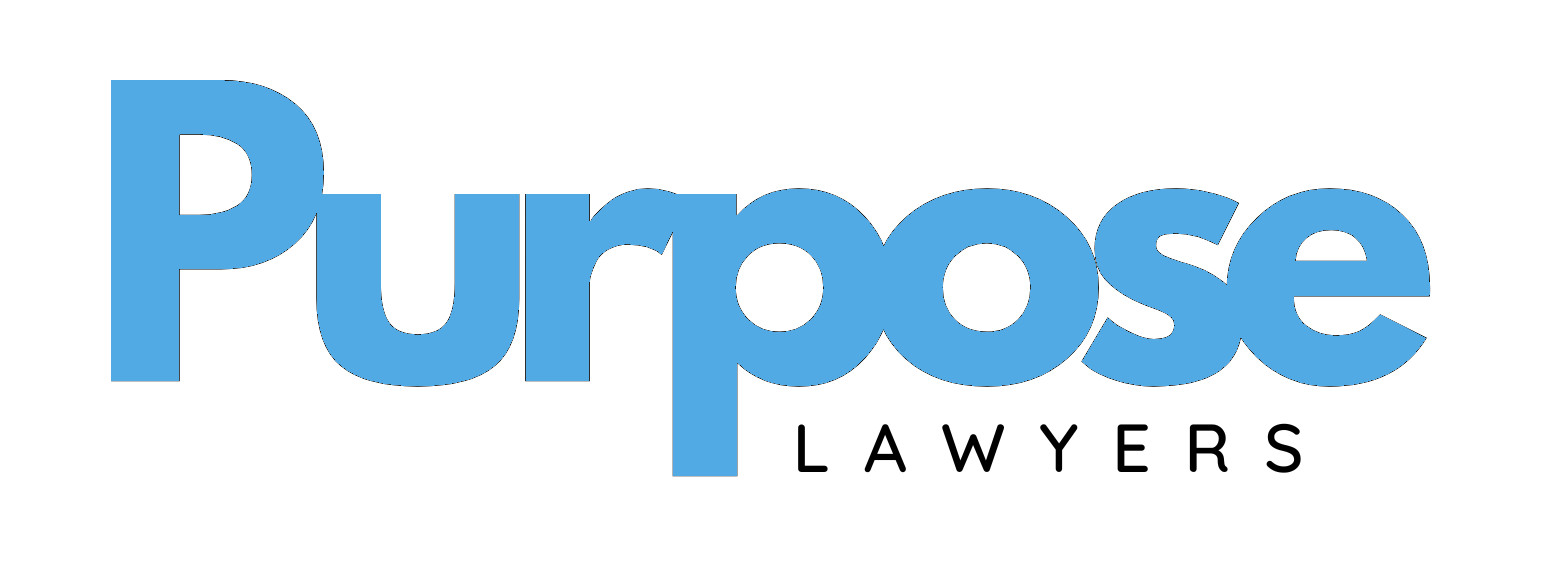⚖️ Australian Legal Insights
The latest insights from the Purpose Lawyers Team.

Outgoings - who pays for what in a lease?
Sydney is a bustling city with a diverse range of retail and commercial properties. The allocation of outgoings can vary depending on the location and type of property. When entering into a lease agreement, it is important for both landlords and tenants to understand who is responsible for paying the outgoings associated with the property.
Outgoings refer to the expenses incurred in maintaining and operating the property, such as insurance, repairs, and utilities. In this article, we will explore the differences in outgoings for retail and commercial leases, shedding light on who is responsible to pay for what.
Retail Leases:
In retail leases, the responsibility for paying outgoings is often shared between the LANDLORD and the TENANT. The specific terms of the lease agreement will determine the extent to which each party is responsible.
Typically, the LANDLORD will be responsible for structural repairs, building insurance, and council rates. On the other hand, the TENANT will be responsible for their own business insurance, utility costs, and any repairs or maintenance required within their leased premises.
It is important to note that retail leases may also include a provision for the TENANT to contribute towards the common area maintenance costs of the shopping center or complex. These costs may include cleaning services, security, and landscaping. The proportionate share of these costs is usually determined based on the size of the leased premises in relation to the overall area of the shopping center or complex.
Commercial Leases:
In commercial leases, the allocation of outgoings can vary significantly depending on the negotiation between the landlord and the tenant. Unlike retail leases, there is no standardized approach to who pays for what in commercial leases. It is crucial for both parties to carefully review and negotiate the terms of the lease agreement to ensure clarity and fairness.
In some cases, the LANDLORD may choose to include all outgoings in the rent, making them responsible for all expenses associated with the property. This is commonly referred to as a gross lease.
Alternatively, the LANDLORD may opt for a net lease, where the TENANT is responsible for paying all outgoings in addition to the base rent. This can include expenses such as property taxes, insurance, maintenance, and utilities.
Another option is a modified gross lease, which falls somewhere in between a gross lease and a net lease. In this arrangement, the LANDLORD may cover certain outgoings, such as property taxes and insurance, while the TENANT is responsible for others, such as utilities and maintenance.
Understanding the 3 Key differences!
1. Use of the Premises:
In a retail lease, the tenant uses the premises for selling goods or providing services to the general public. On the other hand, a commercial lease is typically used for office spaces or industrial purposes.
The differences in outgoings for retail and commercial leases can be attributed to the unique nature of each type of lease. Retail leases often involve shared spaces and common areas, which require additional maintenance and services. Commercial leases, on the other hand, tend to be more flexible and customizable, allowing for negotiation between the landlord and tenant.
2. Legislation:
In New South Wales, the Retail Leases Act 1994 governs retail leases, while the Commercial Tenancy (Retail Shops) Agreements Act 1985 regulates commercial leases. These acts outline the rights and obligations of both landlords and tenants, including the allocation of outgoings.
Another key difference lies in the legislation governing retail and commercial leases. Retail leases are subject to specific laws and regulations that aim to protect the interests of small businesses. Commercial leases, on the other hand, are generally governed by the principles of contract law.
In retail leases, the legislation generally favors the tenant when it comes to outgoings. The Retail Leases Act 1994 states that LANDLORDS can only pass on certain outgoings to their TENANTS. These include council rates, water rates, land tax, and the cost of maintenance and repair of common areas. LANDLORDS are NOT allowed to pass on costs for the structural repair of the building or any improvements that go beyond the standard condition of the premises.
3. Negotiation Power:
Due to the protective nature of retail lease legislation, tenants often have more negotiating power compared to commercial leases. Retail tenants have the ability to negotiate terms related to outgoings and other expenses, whereas commercial leases are typically more rigid in terms of cost allocation.
For example, in prime retail areas such as Pitt Street Mall, LANDLORDS may have more leverage in passing on higher outgoings to TENANTS. On the other hand, in less desirable areas, LANDLORDS may be more willing to absorb some of the outgoings to attract TENANTS.
Conclusion:
Overall, understanding who pays for what in a lease is crucial for both landlords and tenants. In Sydney, the allocation of outgoings can vary depending on the location and type of property. The key differences between a retail and commercial lease, as well as the legislation governing them, play a significant role in determining the allocation of outgoings.
Whether you are a tenant or a landlord, it is important to seek legal advice and thoroughly review lease agreements to ensure a fair and transparent distribution of outgoings. By clearly outlining the responsibilities for paying outgoings in the lease agreement, potential disputes can be avoided, and both parties can focus on maintaining a positive and mutually beneficial relationship.
To ensure a fair and transparent agreement, it is CRUCIAL for both parties to engage in open communication and seek legal advice if needed.
Here at Purpose Lawyers, we offer a Complimentary 15-minute advice session.
Please contact us on 1300 806 106 or email us at info@purposelawyers.com.au to arrange your complimentary advice session today!
Need Legal Help?
Get In Touch! 👋
Phone Number: 1300 806 106
Desk and Call Hours:
Monday to Friday, 9:30am – 4:30pm.
Email: info@purposelawyers.com.au
📝 Got a big firm quote that breaks the bank? We'll beat it, guaranteed.


